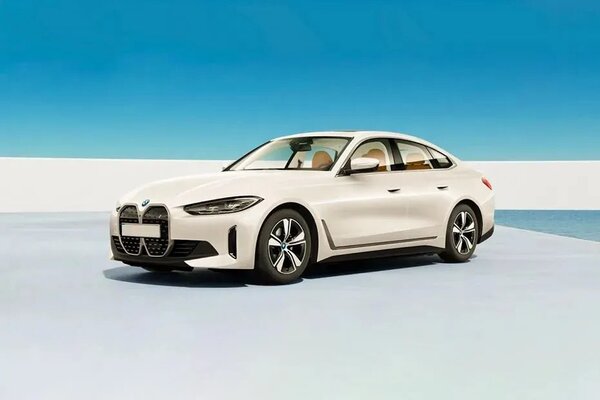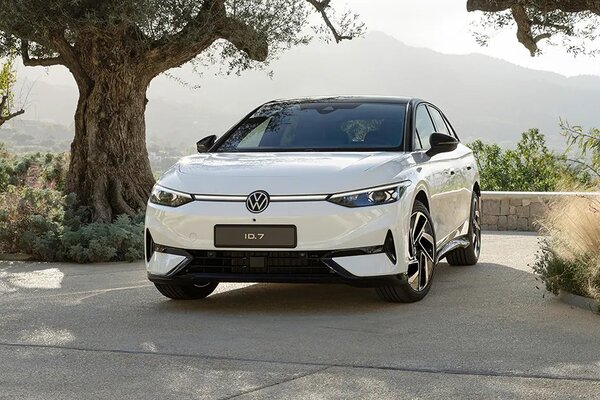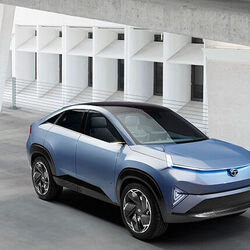Tesla may have slashed production at its biggest plant outside US. Here's why
- A report suggests Tesla has cut production processes in China from a possible 13 to 10.
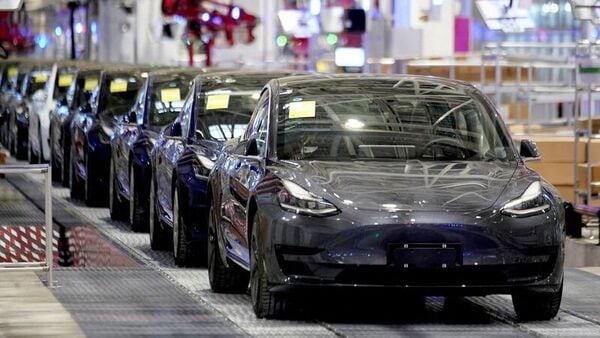

Tesla is currently going through one of its most challenging phases. And this is evident from the numerous price cuts it has announced on a number of its electric vehicles (EVs) in a number of global markets. In the face of unprecedented competition and lowering of demand for battery-powered cars across the world, the US EV giant has reportedly reduced production at its Shanghai facility, its largest outside of the US.
Opened in 2019 as the first Tesla factory outside US, Giga Shanghai has a place on a pedestal in the company's ecosystem. The plant manufactures Model 3 and Model Y for the massive local market as well as select foreign markets. It has an annual production capacity of 1.1 million units (around 11 lakh). But reports suggest that the factory processes have entered a lower gear.
Also check these Cars
In a report by Bloomberg where sources are referred to, it is highlighted that Tesla facility in China has been working on a five-day week schedule since the start of March, instead of 6.5 in previous months. For the remaining part of the week, there are two shifts of 11.5 hours each. It is reported, therefore, that the company is currently operating 10 shifts instead of a possible 13.
Although not confirmed, it may well be likely that production cuts have been initiated because demand for EVs have started sliding in recent months. Even in China, the world's largest automotive as well as EV market, the growth trajectory of EVs is tapering and this is a massive concern for manufacturers. In the specific case of Tesla, enormous competition from rivals like BYD and several non-Chinese brands has further complicated matters.
Why is the world buying fewer EVs?
Volkswagen EV sales have been declining prompting it to reduce production at its German plants. Ford is selling fewer EVs than before even though its hybrids are faring stronger. GM too has reported EV sales numbers going south. So Tesla is clearly not alone. But why?
There is no one major factor at play. While some point to lukewarm subsidies offered by governments as a reason, others say that early adopters willing to experiment by buying and driving an EV have now completed their purchases and all others are not as keen to dive in just yet. A third factor could be the advancements in battery technologies being worked on which promise to not just make EVs cheaper but offer enhanced range. This may mean many are waiting it out rather than jumping in immediately to purchase an EV. "It's true, the pace of EV growth has slowed, which has created some uncertainty. We will build to demand," GM CEO Mary Barra was quoted as saying by Reuters last month.
Global brands are offering lucrative offers to attract customers with the likes of GM, Tesla and others slashing prices in many markets. But will that be enough?







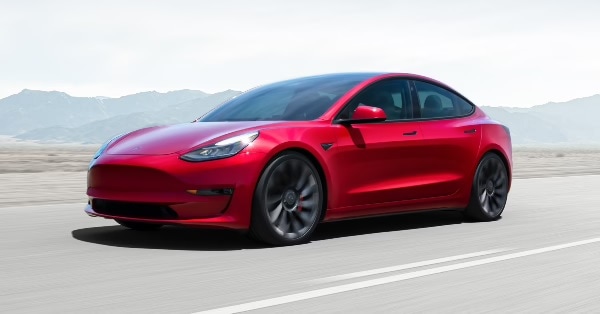
 82kWh
82kWh 555 km
555 km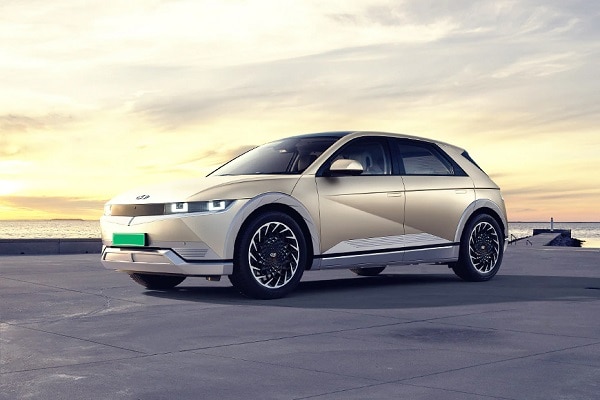
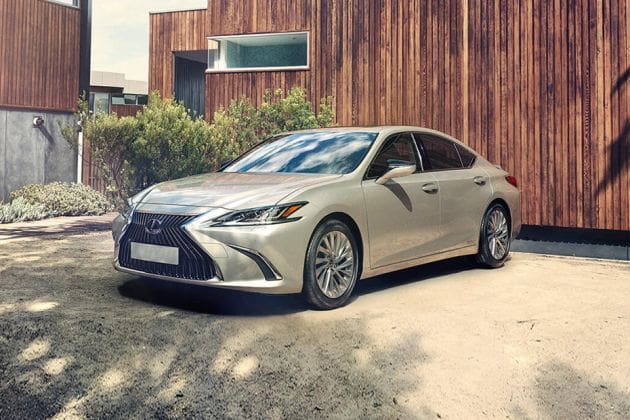
 2487.0 cc
2487.0 cc Multiple
Multiple